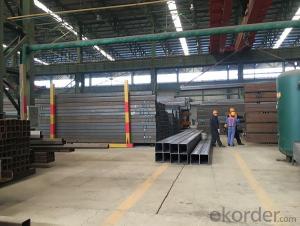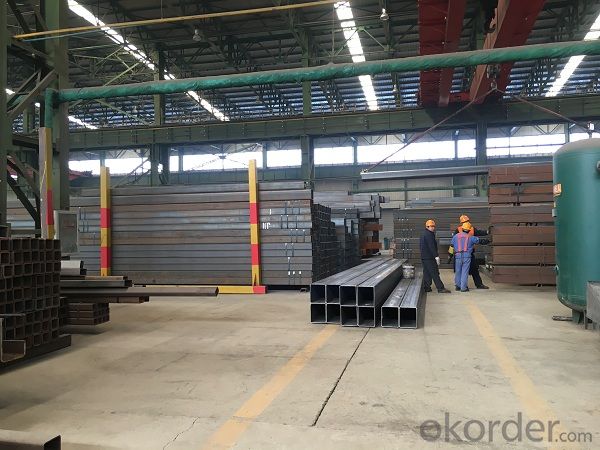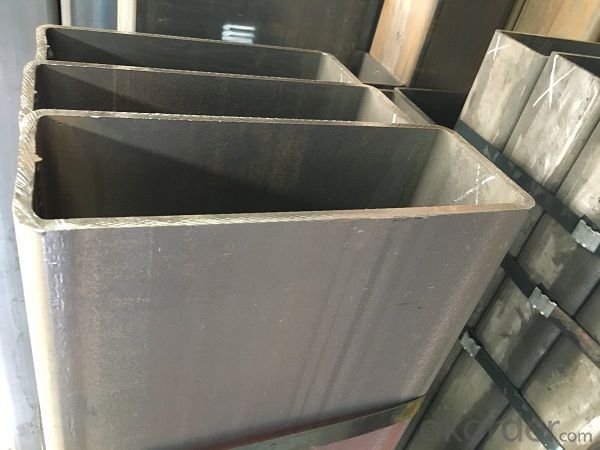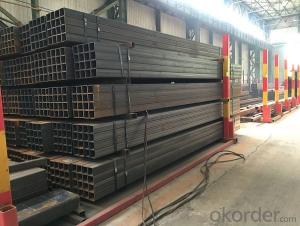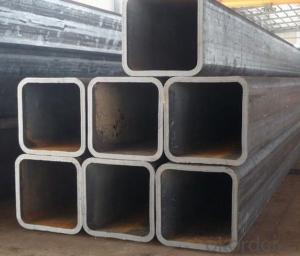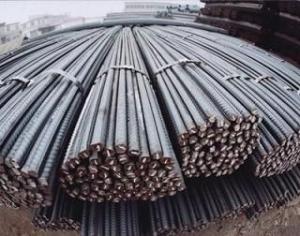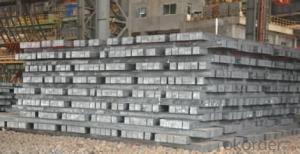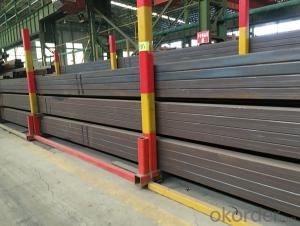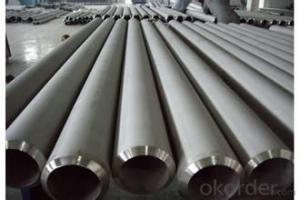Square rectangular pipes of various standard materials
- Loading Port:
- Tianjin
- Payment Terms:
- TT OR LC
- Min Order Qty:
- 22 m.t.
- Supply Capability:
- 15000 m.t./month
OKorder Service Pledge
OKorder Financial Service
You Might Also Like
Specification
1、 Square rectangular pipes of various standard materials
Square tube, square tube is a kind of call and rectangular tube, is equal and not equal to the length of steel pipe. Is the strip through the process of processing roll system. In general is the strip through the demolition of the package, flat, curly, welded to form a circular tube, and then rolled into a square tube and then cut into a square tube and then cut into the required length.
2、 Square rectangular pipes of various standard materials
• High manufacturing accuracy
• High strength
• Small inertia resistance
• Strong heat dissipation ability
• Good visual effect
• Reasonable price
3、 Square rectangular pipes of various standard materials
Standard | GB, DIN, ASTM |
Grade | 10#-45#, 16Mn 10#, 20#, 45#, 16Mn |
Thickness | 1.5 - 25 mm |
Section Shape | Square and rectangular |
Outer Diameter | 20*20 mm-------400*400mm 20*30mm*300*500mm |
Place of Origin | Tianjin, China (Mainland) |
Length | 3-12M |
Outer Diameter | 20*20 mm-------400*400mm 20*30mm*300*500mm |
Grade | 235B 345B |
Standard | ASME, ASTM |
1) Material:(ASTM A 106/A53 GRB.API5LGRB,GB,235B,345B
2) Specification range:OD: 20*30mm----300*500mm 20*20 mm---400*400mm ,WT: 1.5 - 25 mm ,length:3-12m or according to the requirement of clients.
3) Excutive standards:GB,ASME API5L.ASTM A 106/A53,Despite of the above
4) Surface:black lacquered,varnish coating or galvanized.
4、Packaging & Delivery
Packaging Details: | seaworthy package,bundles wrapped with strong steel strip |
Delivery Detail: | 15-30days after received 30%TT |
5、 Square rectangular pipes of various standard materials
①How is the quality of your products?
Our products are manufactured strictly according to national and internaional standard, and we take a test
on every pipe before delivered out. If you want see our quality certifications and all kinds of testing report, please just ask us for it.
Guaranteed: If products’ quality don’t accord to discription as we give or the promise before you place order, we promise 100% refund.
②How about price?
Yes, we are factory and be able to give you lowest price below market one, and we have a policy that “ for saving time and absolutely honest business attitude, we quote as lowest as possible for any customer, and discount can be given according to quantity”,if you like bargain and factory price is not low enough as you think, just don’t waste your time.Please trust the quotation we would give you, it is professional one.
③Why should you chose us?
Chose happens because of quality, then price, We can give you both.Additionally, we can also offer professional products inquiry, products knowledge train(for agents), smooth goods delivery, exellent customer solution proposals.Our service formula: good quality+good price+good service=customer’s trust
SGS test is available, customer inspection before shipping is welcome, third party inspection is no problem.
6、 Square rectangular pipes of various standard materials
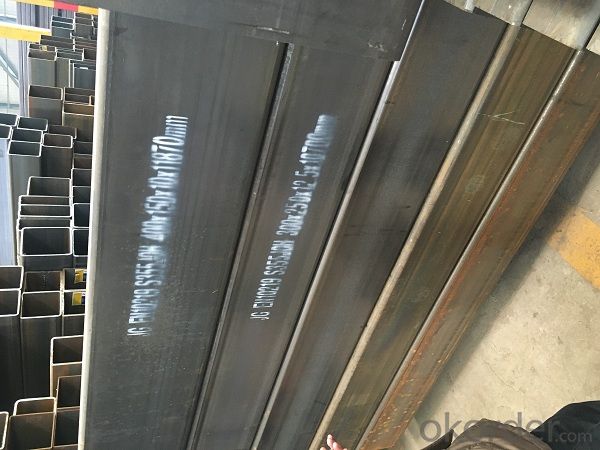
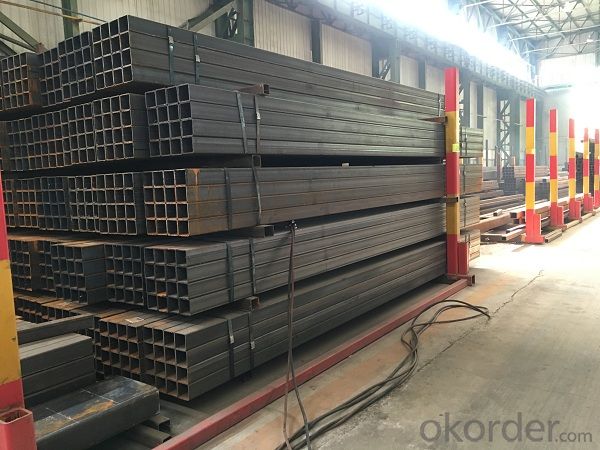
- Q: What are the different types of steel coatings used for pipes?
- Some of the different types of steel coatings used for pipes include epoxy coatings, polyethylene coatings, fusion bonded epoxy (FBE) coatings, and zinc coatings.
- Q: What is the difference between internal and external coating of steel pipes?
- The difference between internal and external coating of steel pipes lies in their purpose and application. Internal coating is applied to the inner surface of the pipe to protect it from corrosion, enhance flow efficiency, and prevent contamination of transported fluids. It is commonly used in industries such as oil and gas, water treatment, and chemical processing. On the other hand, external coating is applied to the outer surface of the pipe to protect it from corrosion caused by environmental factors such as moisture, chemicals, and physical damage. It is typically used in underground or above-ground applications, including pipelines, structural steel, and water distribution systems.
- Q: Seamless steel tube DN15 specification phi 18*3 what do you mean?
- Seamless steel pipe DN15 specification phi 18*3 refers to 3 outer diameter of 18mm B type DN15 seamless steel tube.
- Q: Can steel pipes be used for underground transportation tunnels?
- Underground transportation tunnels can indeed utilize steel pipes. For a multitude of purposes like water, gas, and sewage transportation, steel pipes are commonly employed in the construction of these tunnels. Renowned for their resilience, durability, and ability to resist corrosion, steel pipes are remarkably suitable for underground applications. With the capacity to endure the weight and pressure exerted by the nearby soil, they can also be reinforced to guarantee stability. Moreover, steel pipes offer flexibility in tunnel design as they can be manufactured in various sizes and lengths. Nonetheless, one must carefully consider factors such as soil conditions, load-bearing capacity, and potential environmental impacts before opting for steel pipes in underground transportation tunnels.
- Q: How do steel pipes handle expansion and contraction?
- Steel pipes handle expansion and contraction through their inherent flexibility and ability to withstand temperature variations. As steel is a ductile material, it can expand and contract without significant deformation or structural damage. Additionally, the use of expansion joints or loops in piping systems allows for controlled movement and accommodates thermal expansion and contraction effectively.
- Q: How do you protect steel pipes from fire?
- One way to protect steel pipes from fire is by applying a fire-resistant coating or insulation. This can help prevent the pipes from reaching the critical temperature where structural integrity is compromised. Additionally, installing fire rated enclosures or barriers around the pipes can provide an extra layer of protection. Regular inspections and maintenance are also crucial to ensure any potential fire hazards are identified and addressed promptly.
- Q: What is the role of steel pipes in the transportation of petroleum products?
- Steel pipes play a crucial role in the transportation of petroleum products as they provide a safe and efficient means of transferring oil and gas over long distances. These pipes are strong, durable, and resistant to corrosion, ensuring the integrity of the pipelines and preventing leakage or contamination of the products. Additionally, steel pipes have high heat resistance, making them suitable for transporting hot petroleum products. Overall, steel pipes serve as the backbone of the petroleum transportation infrastructure, facilitating the smooth and reliable delivery of these essential energy resources.
- Q: What are the different types of steel pipe coatings?
- There are several types of steel pipe coatings, including epoxy coatings, polyethylene coatings, polyurethane coatings, and zinc coatings.
- Q: Can steel pipes be bent or shaped to meet specific requirements?
- Steel pipes have the capability to be bent or shaped in order to fulfill specific requirements. This process, known as pipe bending, requires the use of specialized machinery and techniques to manipulate the pipe into the desired form. There are different methods available, such as hot bending, cold bending, and induction bending, which are chosen depending on factors such as the pipe's size, thickness, required bend radius, and intended application. Industries like construction, oil and gas, automotive, and manufacturing commonly employ pipe bending to create customized pipe configurations that meet specific needs and facilitate efficient installation and functionality.
- Q: Are steel pipes suitable for food processing facilities?
- Steel pipes are indeed appropriate for food processing facilities. They are extensively used in the food processing industry because of the multitude of advantages they offer. To begin with, steel pipes are highly durable and can withstand the high temperatures, pressures, and corrosive substances commonly used in food processing. This means that the pipes will not degrade or contaminate the food products. Moreover, steel pipes are easy to clean and maintain, which makes them perfect for upholding the high levels of hygiene required in food processing facilities. Furthermore, steel pipes possess excellent resistance to bacteria growth, thereby ensuring the safety and quality of the food being processed. Additionally, steel pipes are cost-effective and have a long lifespan, making them a dependable and economical choice for food processing facilities. In conclusion, steel pipes are a suitable and preferred option for food processing facilities due to their durability, cleanliness, and resistance to contamination.
Send your message to us
Square rectangular pipes of various standard materials
- Loading Port:
- Tianjin
- Payment Terms:
- TT OR LC
- Min Order Qty:
- 22 m.t.
- Supply Capability:
- 15000 m.t./month
OKorder Service Pledge
OKorder Financial Service
Similar products
Hot products
Hot Searches
Related keywords
